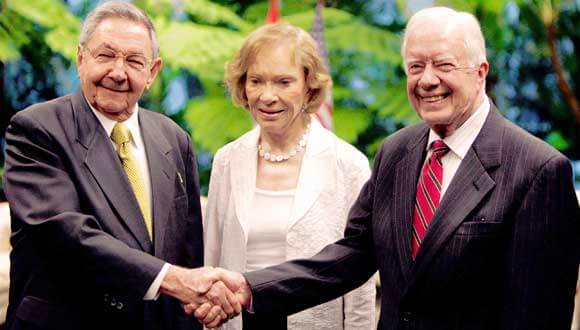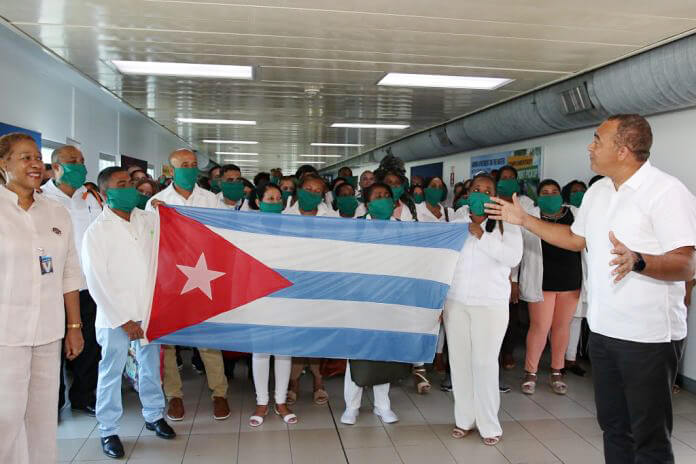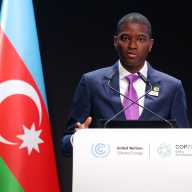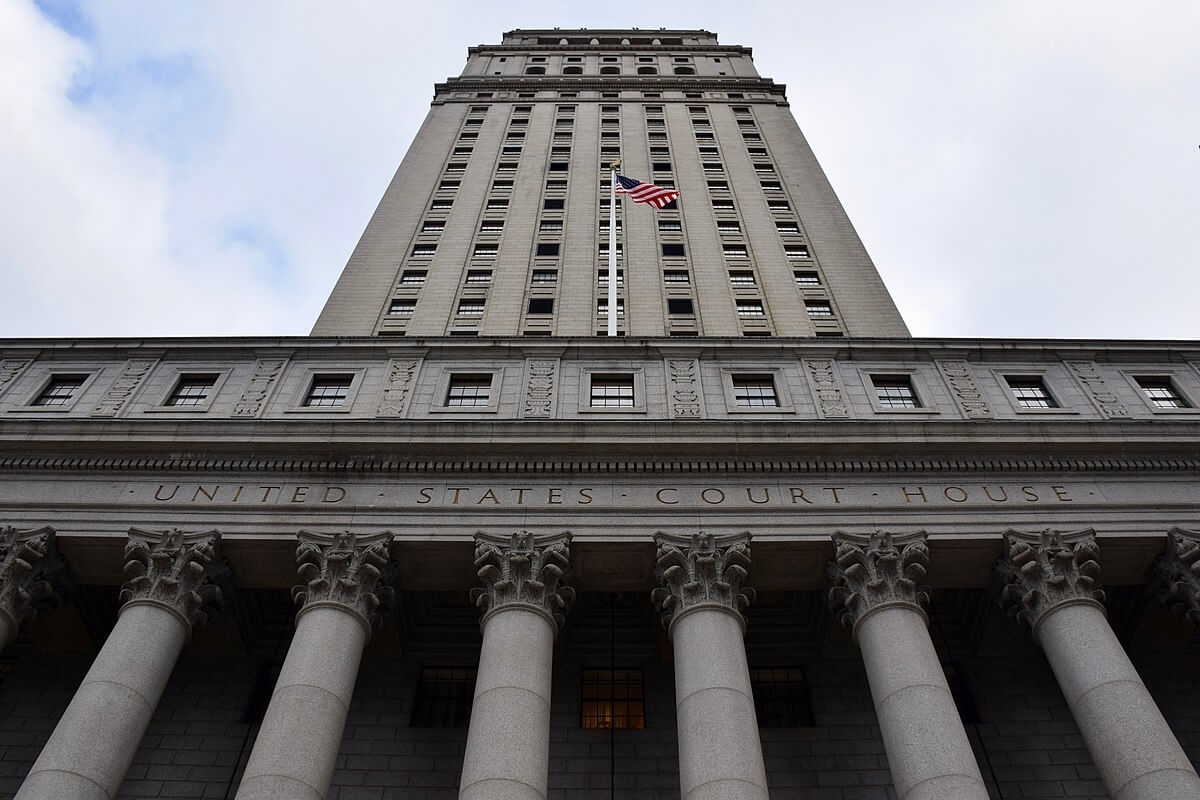HAVANA (AP) — Former President Jimmy Carter left Cuba on Wednesday without gaining the release of a U.S. government contractor jailed the past 16 months, a deflating end to what was otherwise a groundbreaking visit.
Carter spent hours talking about improving ties with brothers Raul and Fidel Castro, describing the latter as an “old friend.” He met with religious leaders and members of the island’s small opposition community, dined out at an atmospheric Old Havana restaurant and even sat down with family members of five Cuban agents serving long prison terms in the U.S.
But when the 86-year-old ex-president flew off in the afternoon without Alan Gross on board, it dashed the hopes of Washington officials and relatives who had hoped Carter would be able to bring the Maryland native home.
Gross, who was working on a USAID-funded democracy building program when he was arrested in December 2009, is serving a 15-year sentence after being convicted earlier this month of bringing communications equipment into Cuba illegally.
State Department officials have said privately that Cuban authorities indicated they might release Gross on humanitarian grounds following his trial and sentencing earlier this month.
But Carter said that from the very beginning, he knew Gross would not be freed during his visit.
“The Cuban officials made it very clear to me before I left my home that the freedom of Alan Gross would not be granted,” he said.
Carter said that he met with Gross at an undisclosed location Wednesday morning and that the 61-year-old contractor told him he had lost 40 kilograms (88 pounds) since his arrest.
“He still seems to be in good spirits, professing his innocence,” Carter added.
Carter said Gross’ lawyer plans to appeal his conviction, and if that fails, “perhaps in the future an executive order might be issued to grant him a pardon, a release, on humanitarian grounds.” Gross’ 26-year-old daughter and elderly mother are both suffering from cancer. Gross is from Montgomery County, Md.
Carter said he believes Gross is “innocent of any serious crime” and did not pose a serious threat to the Cuban government.
In Washington, the State Department noted Carter’s effort and said it regretted that Havana did not free the contractor.
“We are disappointed that he did not come back with Mr. Gross,” spokesman Mark Toner said. “We believe (Gross) should have been released long ago.”
Carter sat down with revolutionary icon Fidel Castro a day after holding talks with President Raul Castro.
“We welcomed each other as old friends,” Carter said of the meeting with the 84-year-old former Cuban leader. He said Castro “seems to be in good health.”
On hand to see Carter off at Havana’s international airport, Raul Castro said the former president spent six hours with him and about an hour with Fidel. He called the visit “good” and said progress must be made on a solution to the two nations’ common problems.
“We are ready,” Castro told reporters, adding that any talks with Washington must be between equals.
Carter had breakfast Wednesday with members of the opposition, including 10 dissidents recently released from prison by the Cuban government and members of the Ladies in White opposition group.
Human rights activist Elizardo Sanchez said Carter “wanted to express his solidarity and his recognition of the movement for civil rights and also the emerging civil society.”
“Hopefully his visit will be useful even if it is just one step toward the normalization of bilateral relations between the governments of Washington and Havana,” she added.
Blogger Yoani Sanchez recalled being drilled to as a child to shout insults directed at Carter, who was president at the time. Three decades later, she wrote, the man she had been raised to consider an enemy “reached out his hand to me, spoke to me, asked me a question.”
Before Carter’s midday news conference, hopes had risen in Washington that the former leader would bring Gross home. Last August, the 39th U.S. president and winner of the 2002 Nobel Peace Prize traveled to North Korea to secure the release of an imprisoned American, and many expected the same sort of result in Cuba.
Gross has said he was working to improve Internet communications for Cuba’s tiny Jewish community. Havana considers the millions of dollars spent on such USAID-funded projects to be aimed at toppling the government.
Carter said he discussed Gross’ case with Cuban officials but was visiting to talk about strained ties.
He criticized Washington’s decades-old embargo against Cuba as well as a ban on American tourist travel to the island. He also called for the release of five Cuban agents serving long prison sentences in the United States, a hot-button issue in Cuba, where they are hailed as heroes for trying to infiltrate anti-Castro exile groups.
Carter played down the possibility of exchanging them for Gross, as have Cuban officials.
“I did not come here with the idea of arranging any kind of swap,” Carter said. “I think the two cases … are completely separate.”
Washington and Havana have not had formal diplomatic relations since the 1960s, and the United States maintains economic and financial sanctions on the island.
U.S. officials say no thaw in relations is possible while Gross is in prison.
Carter, who was president from 1977 to 1981, previously visited Cuba in 2002, becoming the only former U.S. president to do so since the 1959 revolution that brought Fidel Castro to power.
“Carter is an honest man,” Raul Castro said Wednesday.
He added that of the various U.S. presidents that the Castros have seen come and go, Carter “was the one who had a better position toward Cuba.”
Associated Press writers Andrea Rodriguez and Paul Haven in Havana contributed to this report.

























